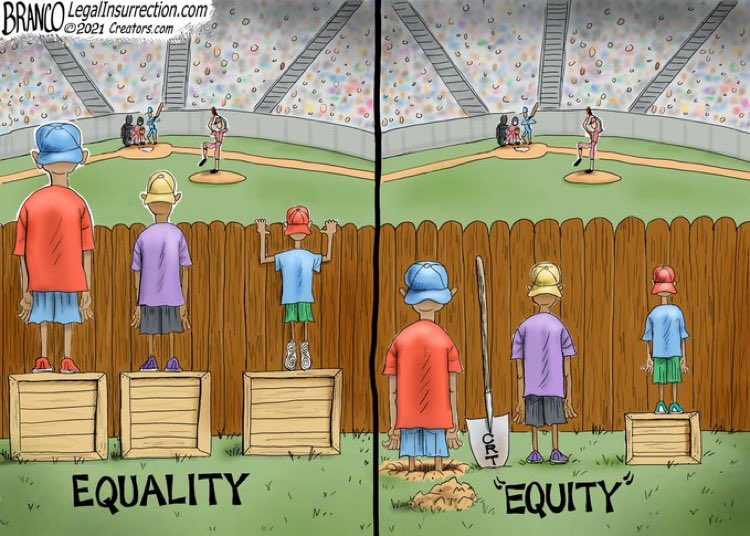
WHAT FINES CAN TEACH ABOUT MANAGEMENT
Three lessons from the story of how yesterday I got fined for a parking violation.
(Thread, 1/N)
Three lessons from the story of how yesterday I got fined for a parking violation.
(Thread, 1/N)
2/ Yesterday, I received a fine because I parked my car where I wasn’t supposed to.
Even though I’m seldom angry, this time I was furious. First of all, the “cannot park here sign” was partially hidden by a tree.
Lesson #1: managers who aren’t clear have frustrated employees.
Even though I’m seldom angry, this time I was furious. First of all, the “cannot park here sign” was partially hidden by a tree.
Lesson #1: managers who aren’t clear have frustrated employees.
3/ The second reason I was furious is because I parked the car in a place that wasn’t bothering anyone.
Why did the police fine me but not the car 100m away double-parked, slowing traffic down?
Why did the police fine me but not the car 100m away double-parked, slowing traffic down?
4/ Lesson #2: managers who don’t prioritize in order of descending severity who they hold accountable and what for end up with frustrated employees who feel treated unfairly.
5/ The third reason I was furious is because I felt that I didn’t expect to be fined.
To be clear: if I had known about the no-parking sign I wouldn’t have parked there. Still, I felt unfair to be punished just because in my city, most violations go unpunished.
To be clear: if I had known about the no-parking sign I wouldn’t have parked there. Still, I felt unfair to be punished just because in my city, most violations go unpunished.
6/ Yes, in theory, the law is clear: if you park in a no-parking area, you get fined.
But in practice, the rule most people learn is: if you park in a no-parking area, the chances are that you won’t get fined.
Hence the feeling of unfairness when one is fined.
But in practice, the rule most people learn is: if you park in a no-parking area, the chances are that you won’t get fined.
Hence the feeling of unfairness when one is fined.
7/ Lesson #3: if your words are clear but your actions don’t follow up accordingly, then what you want is effectively unclear.
A recipe for dissatisfaction.
Hence the importance to both be clear with words and consistent with action.
A recipe for dissatisfaction.
Hence the importance to both be clear with words and consistent with action.
8/ A lot can be learned just by understanding how people feel when they are in a confusing and incoherent environment.
One of the best things a manager can do for employee engagement is to be clear and consistent.
One of the best things a manager can do for employee engagement is to be clear and consistent.
9/ Don’t aim for motivational speeches and theoretical incentives.
Instead, aim for clarity of words and consistency of action.
Instead, aim for clarity of words and consistency of action.
• • •
Missing some Tweet in this thread? You can try to
force a refresh





